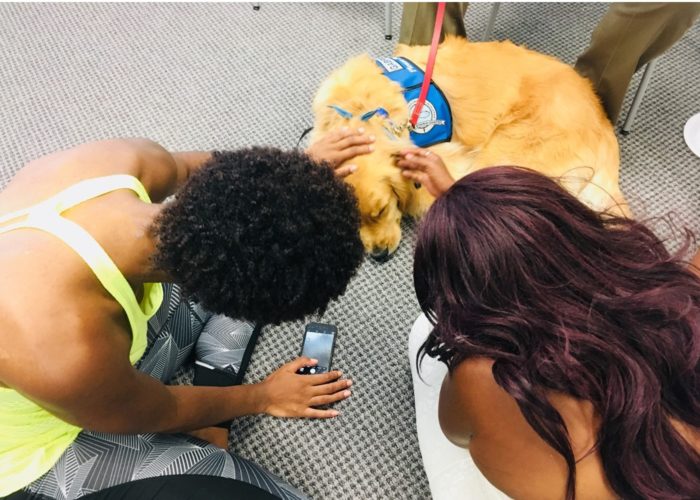By Gunnar Simonsen
As we begin the final countdown to this year’s JuST Conference in Cincinnati, Ohio on October 15-17, we want to share with you strategic ways you can get the most out of it, whether you are attending or not.
What Is The JuST Conference?
The JuST Conference is an unforgettable and inspiring conference that features today’s most pressing issues in the anti-sex trafficking field. Presentations and workshops focus on skill-building, survivor experiences, cross-discipline collaboration, task force development, case studies and lessons learned. The JuST Conference continues to stand by the motto that each person has a role to play in preventing and ending commercial sexual exploitation and that a collaborative community response is critical. Whether you are just getting started or have been working on the issue for years, the JuST Conference will have something for everyone.
How Can Attendees Maximize Their JuST Conference Experience?
If you are attending this year’s conference, here are some ways that you can maximize your experience by taking it online and getting social with it.
- Do you use social media? If so, please be sure to be following Shared Hope International on Facebook, Instagram, Twitter!
- Facebook – facebook.com/sharedhopeinternational
- Twitter – twitter.com/sharedhope
- Instagram – @sharedhopeinternational
- When posting from the JuST Conference, be sure to use the official hashtag, when applicable: #JuST2019
- If you were a reporter, what would you share on social media from the conference? Pictures, quotes, questions, ideas, solutions, and so much more! But whatever you post, just be yourself. Your unique perspective is so valuable to us all.
- Tag presenters on Twitter! When appropriate, tag them and share what you took away from their presentation. This is a great way to continue the discussion long after the presentation is over.
- Remember, if social isn’t in social media, it’s just media. And that’s the difference between a monologue and a dialogue. Be sure to engage others who are posting using the hashtag as well as replying to comments made by others on posts. A rising tide lifts all boats, so let’s grow together in our knowledge and in doing so, help spread awareness across social media.
How Can Non-Attendees Glean From The JuST Conference?
The power of social media and the accessibility it offers can take people from all over the world and place them right at the conference itself. Two places you can expect to see a lot of activity from this year’s conference on Twitter and Instagram Stories. With Instagram stories, we’ll seek to provide a viewpoint from behind the scenes of what’s happening at the conference. From inside looks at workshops and plenaries to attendee testimonies, this will be a great way to see the JuST Conference without physically being in Cincinnati with us.
On Twitter, you can both follow and engage our conference hashtag, #JuST2019 by retweeting, commenting, and taking part in the dialogue with a community of Twitter users utilizing that hashtag from the event.
Of course, be sure to be following Shared Hope on Facebook and watch for our daily updates that you can like, comment, and share with your network, too. And don’t be afraid to reply to comments made by others. In this, we all might just expand our reach, by increasing our network.
The more we comment and share the more people we will reach with a message that needs to be heard.
Follow Shared Hope On Social Media
Facebook – facebook.com/sharedhopeinternational
Twitter – twitter.com/sharedhope
Instagram – @sharedhopeinternational
[clear-line]
*Please refrain from photography or videography of presenters, attendees or PowerPoint materials unless authorization is granted by Shared Hope staff and/or the workshop presenter This conference has many individuals in attendance that do not wish to have their identities or materials shared on public platforms If you would like to take photos with your peers for social media, please do so with a neutral background and be sure to gain permission to post the photo from all parties involved Be sure to check out our Instagram story and Facebook posts! Search for Shared Hope International Thank you for respecting the privacy of our attendees and presenters







